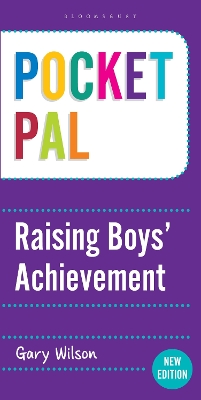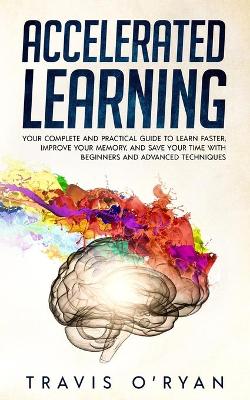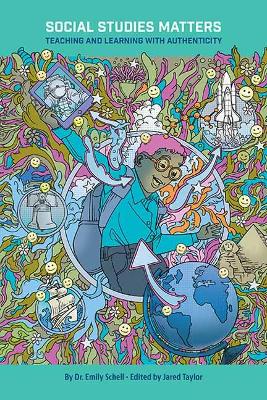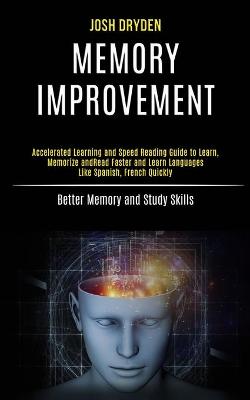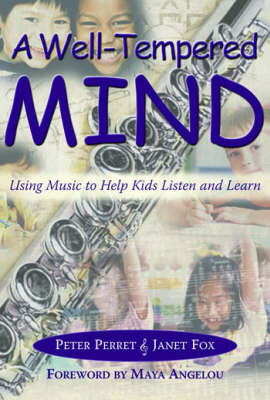Educational Psychology
Today's educational system is highly complex. There is no single learning approach or style that works for everyone. Because of this, psychologists working in the field of education are focused on identifying and studying learning methods to better understand how people absorb and retain new information. In simpler terms, it is concerned with the study of how students learn and how teachers can help them to learn effectively. Educational psychology draws on and combines various psychological the...
La Mejor Sopa de Letras en Espanol Rompecabezas
by Búsqueda de Palabras Activity Book
Sne Intro Educational Psychology
Leadership for Remote Learning
by Ronald Williamson and Barbara R. Blackburn
Learn how to adapt leadership and keep motivation alive in a remote learning setting or hybrid school. In this essential book, bestselling authors Ronald Williamson and Barbara R. Blackburn share frameworks and tools you can use to immediately make a difference in your school. You’ll learn how to do the following: Navigate the change process in remote learning Maintain a collaborative remote learning school Address equity issues in remote instruction Communicate effectively across online pla...
Typically New Generation Learning Spaces (NGLS) across the international higher education sector are being designed to support a more student-centred approach to teaching, through more active and collaborative learning opportunities, often using new technology (Keppell et al. 2012). However, the promise of NGLS appear to remain unfulfilled. This book takes a futuristic perspective on these unfulfilled promises, bringing to the fore the key elements of learning, teaching, professional development...
This work offers nine principles for brain-based approaches to accelerating learning, improving motivation and raising achievement. It offers the reader a coherent structure and describes: guaranteed ways to motivate learners; esteem-building tools for schools, teachers and parents; how to access and teach to different types of intelligence; and 17 different ways in which schools can make accelerated learning work.
This book will help you to understand what works for the growing brain, and (even more important) what doesn't! It is more and more evident that HOW children learn is much more important then WHAT they learn. Babies are born with a drive to learn, but as babies become children this drive can falter. What are the keys to keeping the momentum going, so children are ready for each stage of their childhood as they reach it? We can influence the quality of learning, without buying specialist DVDs, c...
Physical play is vital to young children's development. This pamphlet to be shared with families complements Embracing Rough and Tumble Play and will help families understand the importance of effectively working big body movement into children's daily schedules and how physical play makes teaching practice more dynamic and effective.
Based on sound research and experience by leading author Gary Wilson, this Pocket PAL provides and introduction to why boys underachieve along with a practical toolkit of proven strategies to help raise boys' attainment across all age boundaries, enabling every teacher, department, key stage or school to identify the problems and plan a way forward.
Social Studies Matters: Teaching and Learning With Authenticity (Gibbs Smith Education)
by Dr Schell
"A Well-Tempered Mind" investigates the intriguing connection between music education and brain development in children. Peter Perret and Janet Fox use the details of an innovative music education program for elementary school students to explore this fascinating relationship. "A Well-Tempered Mind" describes how the students of Bolton Elementary in Winston-Salem, North Carolina, and a local quintet worked together and then explains the ongoing research that focuses on how music engages the brai...
Active Lessons for Active Brains
by Sandra Boyd Allison and Caitlin Zimmerman McKenzie
What to do when their feet just can't keep still If you're tired of repeating yourself to students who aren't listening, try a little less talk and a lot more action. The authors follow the best-selling Teaching the Male Brain and Teaching the Female Brain with this ready-to-use collection of mathematics, language arts, science, and classroom management strategies. Designed for active, hands-on learners-whether male or female-the text provides more than 70 specific lesson plans for addressing s...

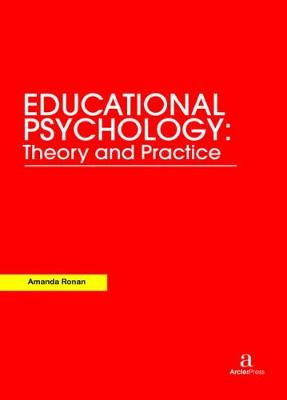
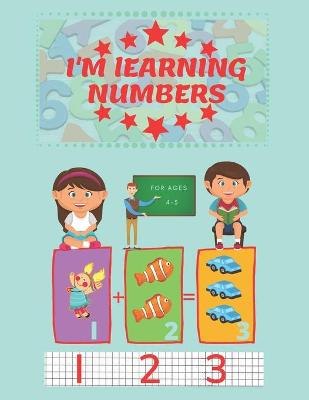
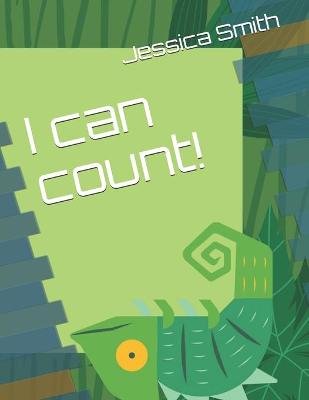
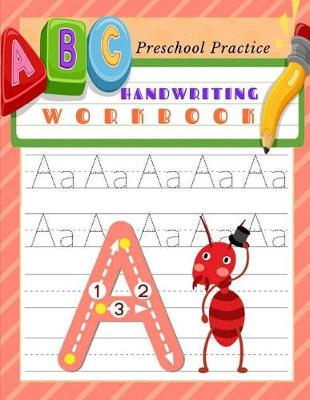

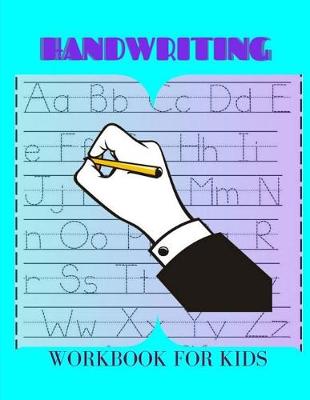
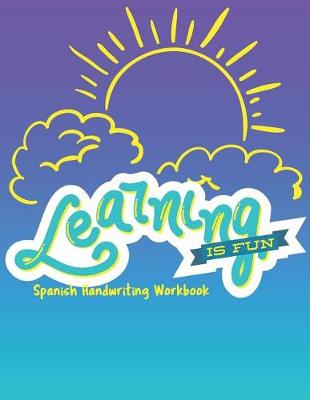
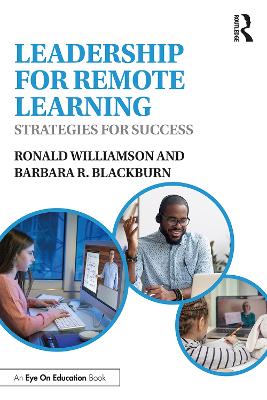
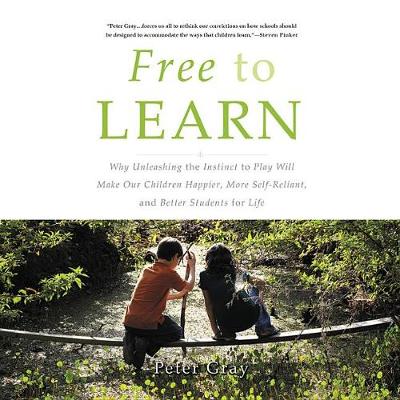
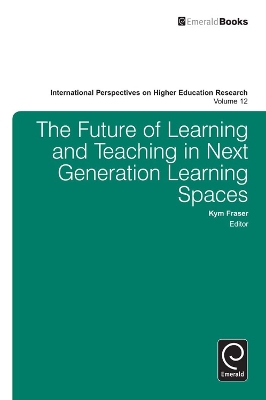
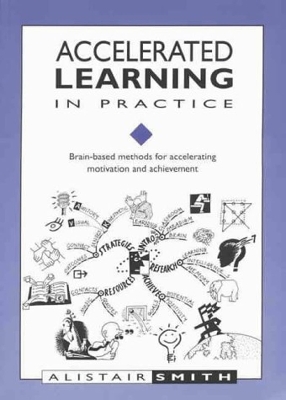
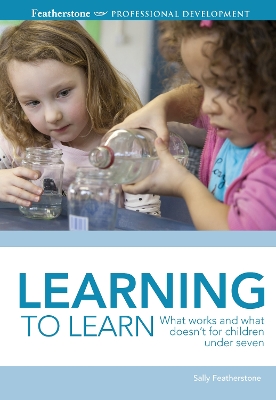
![Cover of Embracing Rough-and-Tumble Play Family Companion [25-pack]](https://images.bookhype.com/covers/34/5b/91576174-fe8b-47f6-b16e-abf97102b543/9781605545349-d79c406f4061cefe1bd962.jpg)
